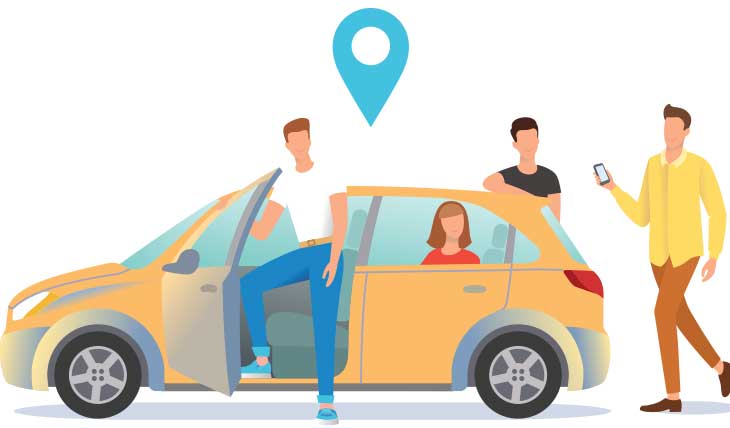At work, few things are as harmful to job security than being charged with driving under the influence (DUI or DWI). Although penalties for DUI can differ depending on factors like blood alcohol concentration levels and previous convictions; as well as accidents/injuries caused while impaired, a DUI offense remains a criminal act with legal ramifications that will impact both professionally and personally.
Therefore, those convicted of DUI in Georgia often experience difficulty finding and keeping employment. For those relying on rideshare or delivery driving as their source of income this can be especially devastating; especially if arrested for DUI already or likely to be arrested in the near future.
Many ride-share drivers work for companies like Uber and Lyft, which provide services that allow passengers to pay for rides using smartphone applications or for food delivery from restaurants like those offered by Uber Eats or other modern food delivery apps. Rideshare and delivery drivers have quickly become popular as convenient ways of working that offer flexibility and provide convenient scheduling options. But these drivers must keep in mind that these jobs come with great responsibility – whether transporting customers for payment or delivering goods directly to clients, safety standards must always be upheld in order to protect both themselves, their vehicles and those they encounter on the road.
Delivery and rideshare drivers typically possess Commercial Driver’s Licenses (CDL), which are necessary for operating heavy machinery like trucks, buses and tractor-trailers. CDL holders must adhere to Georgia’s strict driving laws; any DUI conviction can lead to license suspension, alcohol education programs and probation penalties that can have devastating repercussions for their careers.
Employers may disqualify job candidates who have a DUI on their record, even if it happened years prior. Therefore, it is wise to avoid driving under the influence and consult an experienced Atlanta DUI lawyer should you ever find yourself pulled over for DUI.
Workers reliant on their vehicles for transportation, like taxi and bus drivers, face particular difficulty. Many cities mandate that these professionals maintain clean records to qualify as safe to operate public transit and taxi services – anyone caught with a DUI will no longer be eligible to continue working in these professions.
DUI convictions may also negatively impact jobs that involve patient or public safety, including police officers, nurses, pharmacy technicians and government/military positions. Background checks typically conducted for these jobs will display any DUI conviction on an applicant’s criminal record for life regardless of when it occurred.
